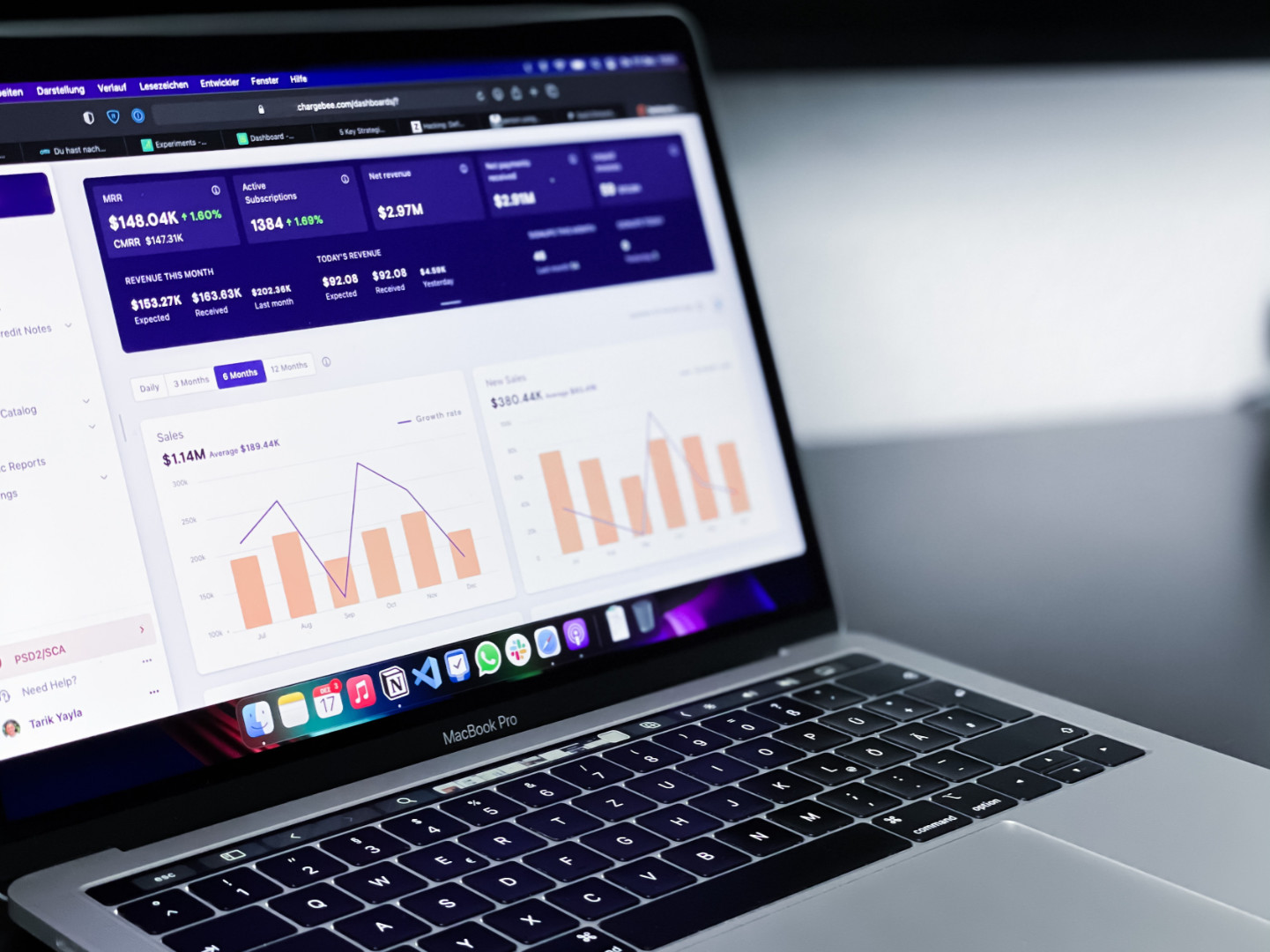What to do in a Cost of Living Crisis

The cost of living in the UK saw a significant increase between 2021 and 2022. This is negatively impacting the prices of food, energy, rent, and fuel, causing many lower-income households to struggle.
What is a Cost of Living Crisis?
The term “cost of living crisis” refers to the notable decrease in disposable income for people in the UK since 2021.
Due to the increase of prices, and stagnant incomes, people are not able to sufficiently keep up with all of their household expenses.
The UK government has issued financial support to households totalling £59.8 billion for the years 2022 and 2023. Increasing the support by another £21.5 billion for 2023 and 2024. Experts believe that the crisis is not going to return to “normal” rates until late 2027.
What is the impact?
The crisis has caused inflation to drastically increase. Peaking at 11.1% in October 2022. Meaning that everyday goods are 11.1% more expensive than the previous year.
For example, if something costs £1.00 in 2021, it would be £1.11 in October 2022.
This increase hasn’t been limited to grocery shopping either. The Bank of England has been raising interest rates. Mortgages and rent prices have increased too.
Low-income households are most affected by the increase in prices. Inflation has hit the lowest-income households far higher than households with a high income.
Impact on lower-income households
Some households face a higher effective inflation rate due to spending a larger portion of their income on energy and food, which are experiencing rapid price increases. On average, households with lower incomes spend a greater amount of their money towards essential expenses.
The impact is felt further by low-income households with large families. Although these households have received additional payments from the government, they are not sufficient to cover the increase in energy and other costs.
Impact on people at risk of homelessness
A study published by the Crisis research team in March 2022 has revealed that low-income families are experiencing an average deficit of £372 between their Local Housing Allowance and the cost of the most affordable rents in their local areas.
Foodbanks are in high demand
The Trussell Trust group has reported that between April 2022 and March 2023, almost 3 million food parcels were given out. A record-breaking number. 1 million of those parcels were given to children.
This number of food parcels is significantly higher than the amount that was distributed by food banks five years ago. The increase in the distribution of food parcels has been remarkable, highlighting the growing need for assistance in the community.
Everyday essentials at record highs
Charities have determined that a list of essential items, which includes water bills, gas and electric bills, travel expenses, food items such as bread, rice, and vegetables, as well as hygiene and cleaning products like toothpaste and washing up liquid, currently amounts to approximately £120 per week for a single person.
Causes of the Crisis
Europe Gas Supplies
Depleted gas supplies in Europe have become a pressing concern in recent years. The shortage of gas resources has led to various challenges and implications for the region.
As the demand for gas continues to rise, the depletion of gas supplies has caused an increase in prices and a strain on energy security.
Pandemic Impact
The disruptions caused by the pandemic have had a significant impact on global supply chains, leading to challenges in the cost of living crisis in the UK.
The uncertainties and changes in business operations have highlighted vulnerabilities and interdependencies, contributing to the increase in prices of essential goods and services, further exacerbating the financial strain on households.
Russian Invasion of Ukraine
The Russian invasion of Ukraine has had a significant impact on the cost of living crisis in the UK. The conflict has led to geopolitical tensions and economic disruptions, causing ripple effects across global supply chains.
As a result, the UK has experienced supply shortages and increased prices for essential goods and services.
The energy sector, in particular, has been heavily affected, by rising gas prices and concerns over energy security. These developments have further contributed to the inflationary pressures and financial strain faced by households in the UK, exacerbating the ongoing cost of living crisis.
What to do in a Cost of Living Crisis
Sell unwanted items for Cash
During a cost of living crisis, selling unwanted items for cash can be a practical solution to generate additional income. Many individuals may find themselves struggling to make ends meet due to rising expenses and stagnant incomes.
By identifying items that are no longer needed or used, individuals can sell them through various platforms such as online marketplaces or local classifieds. This can provide a quick influx of cash that can help cover essential expenses or contribute towards meeting financial obligations.
Seek Financial Assistance Programs
It is important to explore and utilize available financial assistance programs.
Governments, charitable organizations, and community initiatives often provide support to individuals and families in need. These programs can offer financial aid, food assistance, housing support, and utility bill assistance, among other forms of help.
Research and reach out to local resources to determine eligibility and access to these programs.
Prioritize and Adjust Spending
When facing a cost of living crisis, it becomes crucial to prioritize spending and make necessary adjustments to the household budget.
Identify essential expenses such as food, housing, utilities, and transportation, and allocate funds accordingly. Cut back on non-essential items and discretionary spending.
Consider finding ways to reduce costs, such as switching to more affordable brands, exploring cheaper alternatives for services, or negotiating bills and contracts.
Explore Additional Income Sources
Many individuals have been exploring opportunities to generate additional income. These could involve taking on part-time or freelance work, offering services or skills on online platforms, or seeking temporary employment.
Maximizing income potential can help bridge the financial gap and provide some relief during challenging times.
Seek Community Support
Communities often come together during times of crisis to support one another.
Reach out to local community centres, religious organizations, or non-profit groups that may offer assistance programs or resources. They may provide access to food banks, support groups, job placement services, or financial counselling.
Connecting with others who are experiencing similar challenges can also provide emotional support and useful information.
Practice Efficient Energy and Resource Usage
It is essential to be mindful of energy and resource usage to minimise expenses.
Implement energy-saving habits such as turning off lights when not in use, reducing water consumption, and properly insulating living spaces.
Additionally, consider exploring alternative and cost-effective transportation options, such as carpooling or using public transportation, to reduce fuel expenses.
Stay Informed and Advocate for Change
Stay informed about government policies, economic trends, and social issues related to the cost of living crisis. Engage in advocacy efforts to raise awareness and promote policies that address the root causes of the crisis.
Contact local representatives, participate in community meetings, and support organisations that work towards economic stability and affordability.
By staying informed and actively advocating for change, individuals can contribute to long-term solutions.
When will the Crisis Stop?
By 2024, inflation rates will be falling, and living costs are expected to increase at a slower rate than household incomes.
However, it’s important to note that prices will still remain high. Inflation measures the change in prices over a 12-month period, so even with falling inflation, it simply indicates that prices are rising at a slower pace, not that they are actually decreasing.
According to the latest forecasts, it will be a lengthy process for household incomes to fully recover to their previous levels in real terms.
The measure of living standards is not expected to reach its 2021 level until 2028. Even in that year, living standards will still be below pre-pandemic levels in real terms, indicating that the impact of the cost of living crisis will persist for a considerable period of time.
References Used
- Crisis. “The cost of living crisis, https://www.crisis.org.uk/ending-homelessness/the-cost-of-living-crisis/”
- House of Commons Library. “Rising cost of living in the UK, https://commonslibrary.parliament.uk/research-briefings/cbp-9428/”
- London Borough of Redbridge. “Cost of living crisis, https://costofliving.redbridge.gov.uk/cost-of-living-crisis/”
- Institute for Government. “Cost of living crisis, https://www.instituteforgovernment.org.uk/explainer/cost-living-crisis”
- Investopedia. “Financial Crisis: Definition, Causes, and Examples, https://www.investopedia.com/terms/f/financial-crisis.asp”
- The Trussell Trust. “Record Number of Emergency Food Parcels Provided to People Facing Hardship by Trussell Trust Food Banks in Past 12 Months, https://www.trusselltrust.org/2023/04/26/record-number-of-emergency-food-parcels-provided-to-people-facing-hardship-by-trussell-trust-food-banks-in-past-12-months/”







